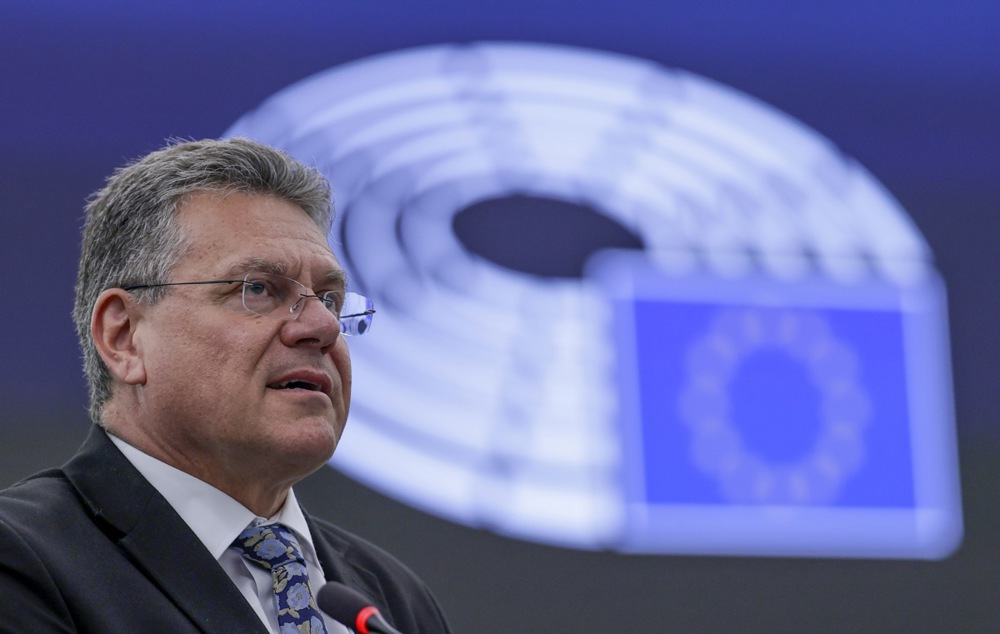A year on from the sight of tractors clogging the streets of European capitals and demands to “cut the red tape” the European Commission’s proposed reforms to EU agricultural rules have been welcomed by industry.
The reform package, presented May 14, aims to simplify the EU’s complex farming policy and comes after years of complaints about excessive paperwork, legal uncertainty and impractical environmental rules.
Leading farming organisations are now poring over the detail to determine whether the reform will bring actual change or simply shift complexity elsewhere.
Among the key promises are a simplified payment scheme for small farms, lighter environmental conditionality, new tools for crisis response and up to €50,000 to support farm digitalisation.
“Reducing bureaucracy must become a reality if we want our agricultural sector to remain competitive, innovative and appealing to future generations,” Belgian Renew MEP Yvan Verougstraete told Brussels Signal on May 15.
The move follows more than a year of farmer-led unrest and comes as Brussels faces growing pressure to prove that its policies are “not just written in offices, but grounded in real farms”.
Young farmers welcomed the proposal as a long-awaited step toward addressing what they describe as “implementation gaps” in the current Common Agricultural Policy (CAP). The European Council of Young Farmers (CEJA), said that the package reflected demands made during the 2024 protests and called for national and regional authorities to follow through.
While praising more flexible investment support and a simplified loss calculation system for risk management, the group stressed that bureaucratic inconsistencies and financial access remain major barriers.
IFOAM Organics Europe, representing the organic farming sector, said the package sends a “positive signal” by recognising organic farms as “green by definition” for certain requirements.
But its president, Jan Plagge, warned that simplification must “go hand in hand with stronger incentives for sustainable production”, adding that environmental ambitions should not be diluted.
Europe’s largest farmers’ association Copa Cogeca broadly supported the package but noted that this is already the “second corrective CAP initiative in under a year”.
For them, the need for policy stability is becoming urgent and called the move “a necessary step and a lesson for the future”, pointing to deeper challenges in CAP design that, they argue, must be addressed beyond just technical fixes.
Within the European Parliament, political parties largely backed the effort to reduce red tape in the sector but tensions remain over how far simplification should go.
The EPP Group said the proposal was a response to “years of pressure” and hailed it as the beginning of broader reforms. “Our message is simple: cut the red tape, reduce the burden, and let farmers get on with their job,” said EPP agriculture spokesman Herbert Dorfmann.
The ECR Group echoed this view, calling the package “a long-overdue step” that could help restore trust between farmers and Brussels. But even within supportive circles, concerns persist that reforms must be long-term and structural.
“Real simplification must be permanent, not occasional. We need a CAP that empowers farmers—not one that constantly monitors them,” said ECR’s Carlo Fidanza.
At the same time, Verougstraete and the Renew Group pushed back against any approach that could threaten the EU-wide character of the CAP.
“The creation of a single national fund would risk fragmenting agricultural policy,” he told Brussels Signal.
“We must preserve a common approach—this is essential not only for fairness but for our strategic food sovereignty.”





